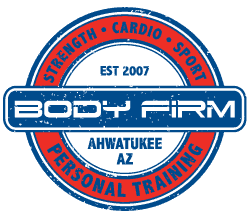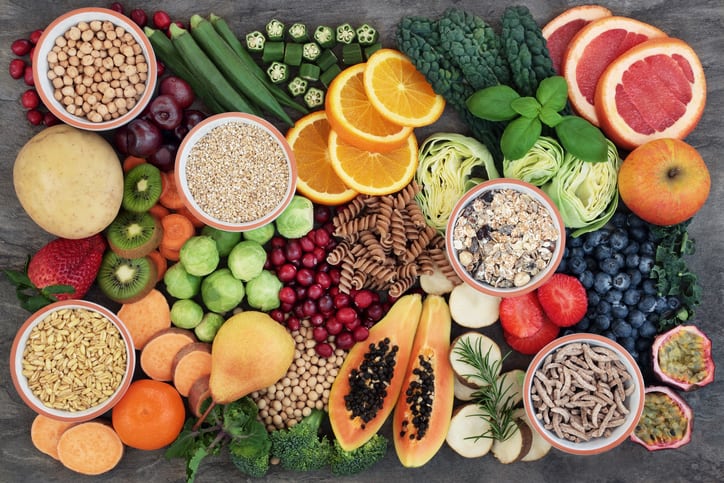We love learning from our clients! Recently, one of you told us about a documentary found on Netflix called “The Game Changers.”
Spoiler alert! This film advocates a low-fat, whole-food, plant-based diet as a way to avoid or reverse several chronic diseases. The film also stresses that processed foods and all oils should be avoided.
While we don’t promote any particular eating plan for our clients, we’re all for low-fat, non-processed and whole foods. However, watching the results that elite athletes – professional and Olympic level – and fire-fighters achieved (including reduced cholesterol and blood pressure) from this eating plan in as little as one week was amazing!
With that said, watch this flick and maybe give some thought to tweaking your diet a bit and see what happens! You don’t have to jump in with both feet, either. There are different types of “vegetarians.” Understanding the options below will help you think about your short-term and long-term goals if you choose to follow a “vegetarian” or vegan lifestyle.
Flexitarian or Semi-Vegetarian
You don’t have to be vegetarian to love vegetarian food. The term “flexitarian” was coined to describe semi-vegetarians or those who eat a mostly vegetarian diet but occasionally eat meat.
Pescatarian
The word “pescatarian” (also pescetarian) is used to describe those who abstain from eating all animal flesh with the exception of fish.
Lacto-Ovo-Vegetarian
When most people think of vegetarians, they think of lacto-ovo-vegetarians. These are people who do not eat beef, pork, poultry, fish, shellfish, or animal flesh of any kind, but do eat eggs and dairy products.
And, you can be just one or the other. A lacto-vegetarian does not eat eggs but does eat dairy products. An ovo-vegetarian does not eat meat or dairy products but will eat eggs.
Vegan
Vegans do not eat meat products of any kind including eggs, dairy products, or processed foods containing these or other animal-derived ingredients such as gelatin, which comes from animal collagen.
Macrobiotic
The macrobiotic diet, revered by some for its healthy and healing qualities, includes unprocessed vegan foods such as whole grains, fruits, and vegetables, and allows the occasional consumption of fish. Sugar and refined oils are avoided. Perhaps the most unique qualifier of the macrobiotic diet is its emphasis on the consumption of Asian vegetables, such as daikon radish, and sea vegetables, such as wakame and other seaweeds.
Remember – what you put into your body can enhance your health or diminish it. Your choice!

